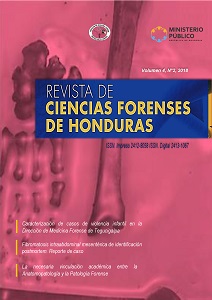Lo único permanente es el cambio
Abstract
When we talk about institutional culture we mean the set of beliefs and values shared by all the members of an organization; This culture allows the organization to function in a systemic way, to achieve the institutional objectives. However, on some occasions the institutions are forced to face the change, to reinvent themselves in order to remain in force. This reinvention involves a series of changes that are not always easy to drive and / or face. On the one hand, the person responsible for conducting the changes must ensure that the institutional and historical cultural footprint is not destroyed, regardless of its origin. Already past and recent history shows us shameful examples of cultural destruction, as a form of domination and power; To cite a gross example, the destruction of books by Hitler in Europe and the destruction of monuments by ISIS. This physical destruction done in another context, but relevant to illustrate the point we want to highlight; when it is “extrapolated to the institutional culture” it should be avoided at all costs, in order to preserve the positive contributions that other actors made. On the other hand, the members of the institutions as committed participants, not only with the institution but with the country where they operate, should embrace the changes that are positive, as a way of maintaining validity. Heraclitus was right when he said that the only permanent thing is change. In this issue of the Journal of Forensic Sciences of Honduras with which we end the fourth year of existence with many challenges, we will give way to a new year with even more challenges; We offer readers interesting scientific studies as a characterization of cases of child abuse, a case of mesenteric intra-abdominal fibromatosis, we present a reflection on the need for academic linkage between related postgraduate degrees and other relevant information
Downloads
515
EPUB (Español (España)) 202
HTML (Español (España)) 196
XML (Español (España)) 226
Downloads
Published
How to Cite
Issue
Section
License
El autor conserva los derechos de autor bajo los terminos de una licencia CC NC 4.0






